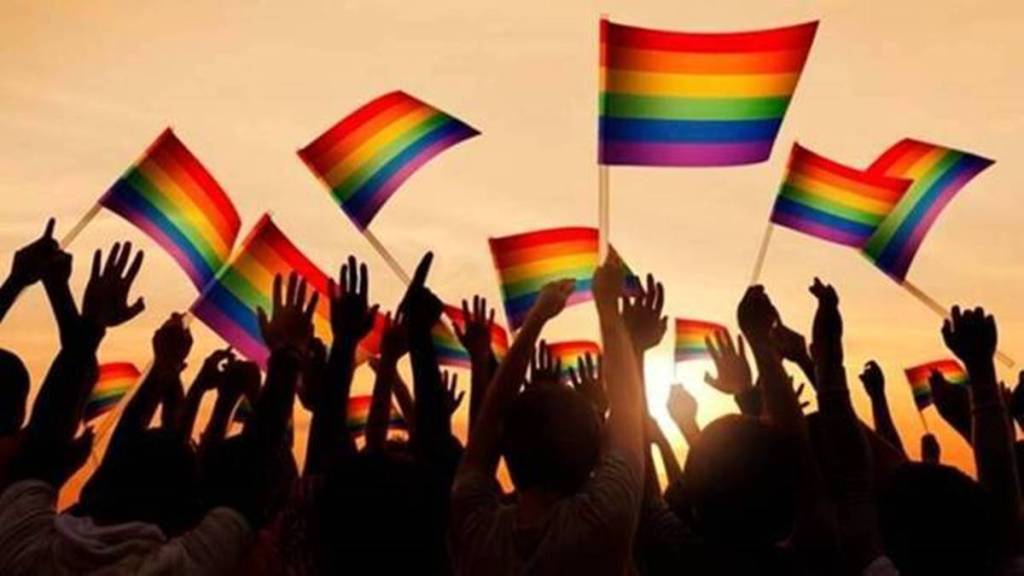The central government has reiterated its opposition to petitions seeking legal recognition of same-sex marriage in India, stating that those seeking marriage equality in India merely represent “urban elitist views for the purpose of social acceptance”. The popular will of people, the Centre told Supreme Court, is that marriage be recognised solely amongst heterosexual individuals.
The submissions were part of the Centre’s second affidavit in the Supreme Court. The affidavit comes a day before a five-judge Constitution bench of the top court comprising Chief Justice of India DY Chandrachud and Justices SK Kaul, Ravindra Bhat, Hima Kohli, and PS Narasimha, hears a clutch of petitions seeking legal recognition for same-sex marriages.
In its affidavit, the Centre argues that the request by the petitioners seeking to accord legal sanction to same-sex marriages entails the “judicial creation of a social institution called ‘marriage’ of a different kind than contemplated the existing law”, as it challenged the maintainability of petitions on same-sex marriage.
“The institution of marriage is necessarily a social concept and a sanctity to the said institution is attached under the respective governing laws and customs as it is given sanctity by law on the basis of social acceptance. It is submitted that social acceptance and adherence to societal ethos, common values, shared beliefs across religions, in case of recognition of “socio-legal institution of marriage” is not be confused with majoritarianism,” the Centre stated in its affidavit.
The affidavit further contends that marriage being a socio-legal institution can be created, recognised, conferred with legal sanctity regulated only by the competent legislature by way of an Act under Article 246 of the Constitution of India. It adds that courts cannot create or recognise marriage either by judicial interpretation or by striking down or reading down the existing legislative framework of marriages.
Also Read: RSS opposes same-sex marriage move in India
Arguing that the court’s recognition of the right of same-sex marriage would mean the “virtual judicial rewriting of an entire branch of law”, the Centre cited an earlier Supreme Court order where the top court refrained from framing “gender neutral and religion neutral laws” stating that they fell within the legislative domain, and it could not issue a mandamus asking Parliament to frame laws.
The government also pointed out in its affidavit that even countries that have recognised same-sex marriage have done so by taking the legislative route.
The Centre, in its affidavit has also submitted that the exclusion of same-sex marriage from the institution of marriage would not amount to discrimination. “This is because conventional and universally accepted socio-legal relationships like marriages across all religions is deeply rooted in the Indian social context and indeed is considered a sacrament in all branches of Hindu law. Even in Islam, though it is a contract, it is a sacred contract and a valid marriage is only between a biological male and biological woman,” it sates, adding that the position remains the same across all religions and is imbibed in the Special Marriage Act, 1954.
Also Read: Supreme Court refers same-sex marriage pleas to Constitution bench
While allowing inter-religious and inter-caste marriages, the Special Marriage Act, 1954, provides for a clear legislative policy of marriage between a “biological man and a biological woman and recognises elements of personal laws and customs”.
The creation of a new social institution altogether cannot be claimed as a matter of right/choice, much less a fundamental right, the Centre has further stated. “The regulation of marriage is very much an issue of acceptance by the society and as such ought to be debated only by the competent legislature, being a body, which is the repository of democratic representation and reflects the will of the people,” it adds.


